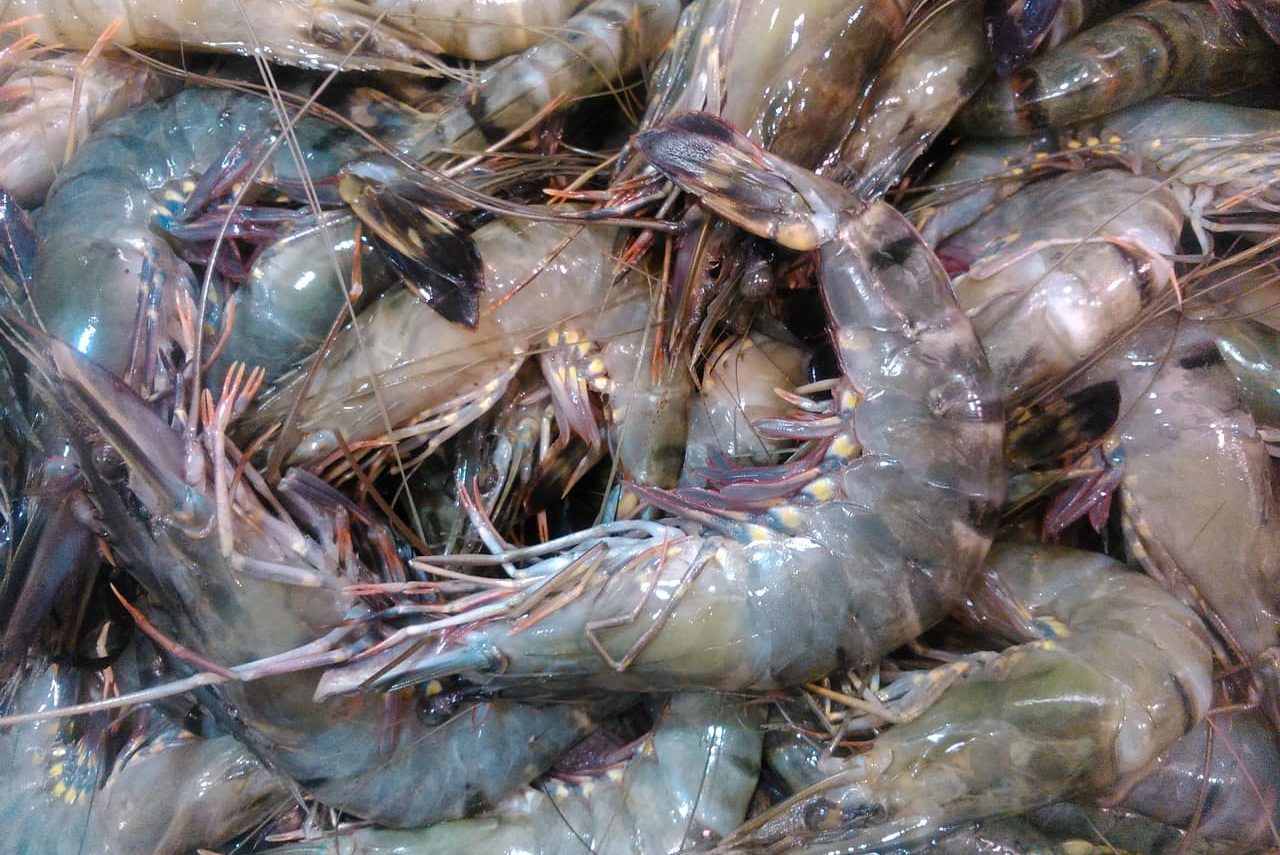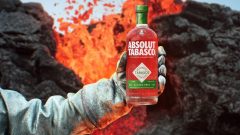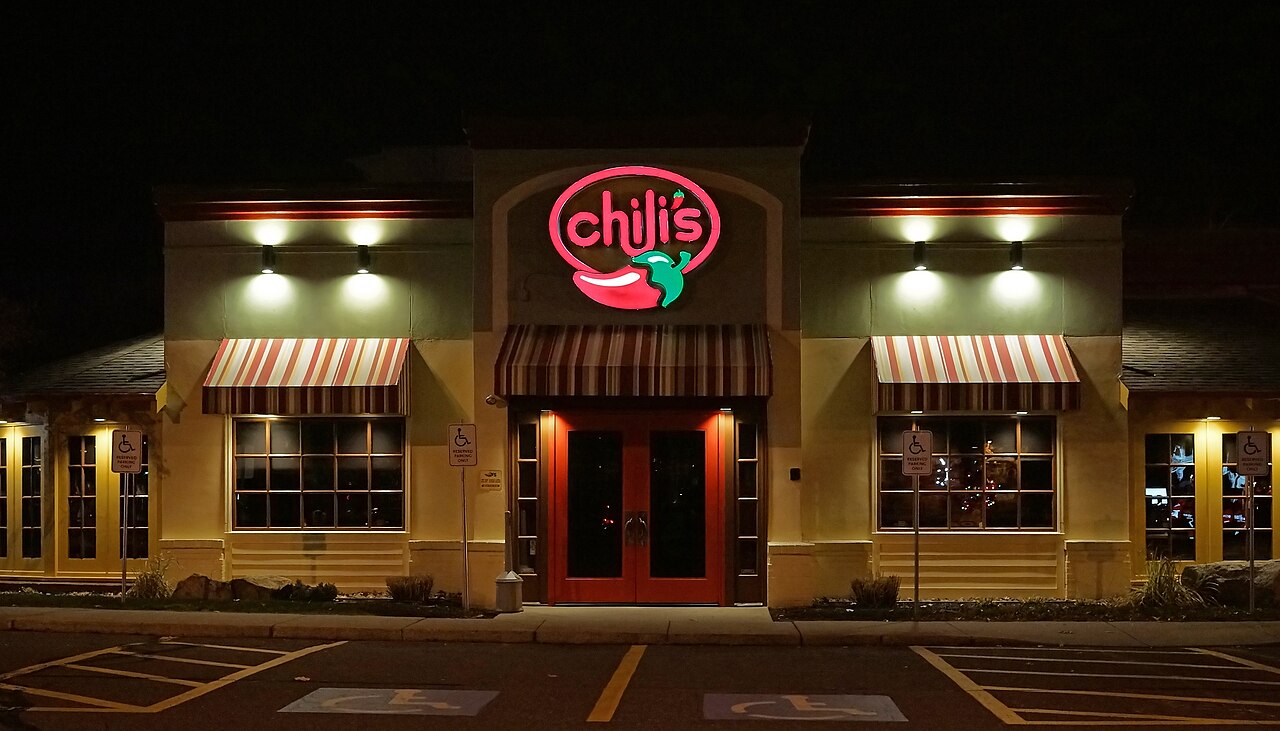The Shrimp Industry’s Awful Issue of Slave Labor Continues To Plague It Today

A few years ago, bombshell investigations from the Associated Press and the Guardian uncovered a severe problem with our shrimp industry: slavery. While it seemed like corrective actions were being taken as a result, some recent follow-ups suggest that forced, unpaid labor is still being utilized to catch and process hordes of shrimp.
According to Dominique Barnes, CEO of plant-based seafood company New Wave Foods, the problem particularly persists in areas of Southeast Asia. “[The region has] these big companies raising shrimp, and this volume is so high, they need people to process it quickly. And so they’ll entice people saying ‘Hey, we have jobs for you, come down to our farm, we’ll pay you, you’ll be able to eat,’” she told Foodbeast. “And so people put in all of their resources to get to this farm and then when they get there, they don’t get paid and become slaves to the industry.”
Once there, reports of confinement, a lack of pay, and even torture of the boat’s “employees” was widely found in the original reports. The allegations were so severe that Thailand, the focus of the articles, publicly committed to help free those in slave labor and initiated a series of reforms to prevent it from happening again. Former President Barack Obama even enforced a policy then banning the import of goods produced by slave labor after the AP series was published.

The original investigations from AP and the Guardian, conducted and reported between 2014-2016, focused on Thailand, one of the biggest exporters of shrimp to the United States. NOAA data shows that 10% of all US shrimp shipments came from Thailand in 2017, making it the third-largest importer for the year. A brand-new follow up from Human Rights Watch, as reported by the Guardian, shows that the entrapment Barnes described still exists today. HRW’s director in Asia, Brad Adams, called Thailand’s reforms to shrimping “cosmetic,” and although positive steps had been taken, the labor issues are continuing.
“Forced labour is routine. The workers we interviewed described being trafficked on to ships, trapped in jobs they couldn’t leave, physical abuse, lack of food, long hours and awful working conditions. The worst thing for many of them was not being paid – the psychological harm and final indignity was the hardest to bear.”
The corporations that bring in the slave-harvested shrimp haven’t exactly owned up when it comes to traceability, either. Last year, Costco got a lawsuit thrown out that said they knowingly purchased shrimp from boats that used slave laborers. The judge’s reason? Costco had no legal obligation to publicly disclose that information on its packaging.
“In general, 90 percent of our shrimp is imported from these farms that really have the worst practices,” Barnes told Foodbeast, saying that there are “small, small farms” out there that do a decent job when it comes to sustainable and slavery-free shrimp. However, for the most part, the issues of forced labor and poor working conditions that plague Thailand’s shrimp industry continue to fester.






















